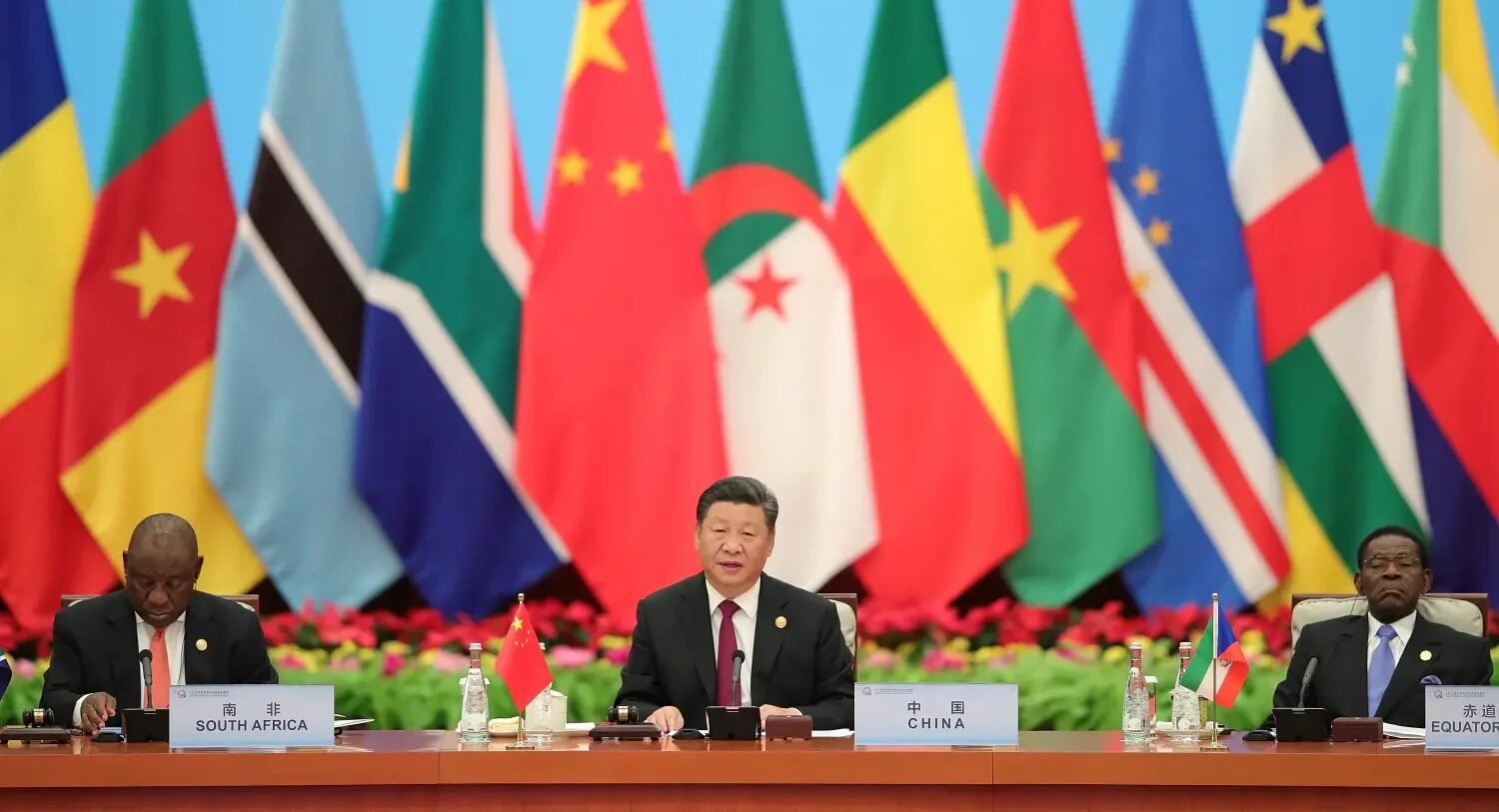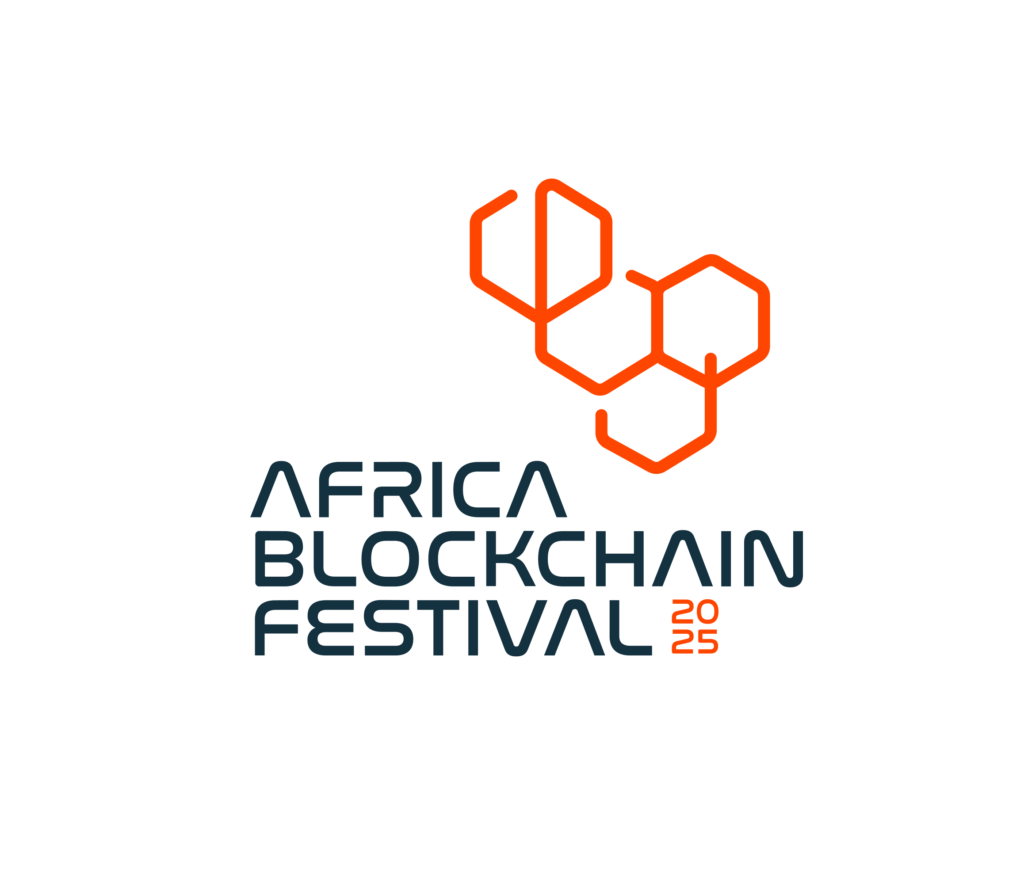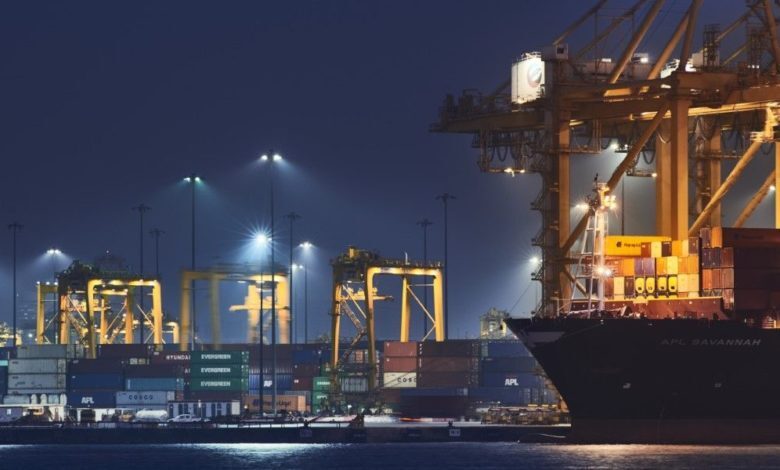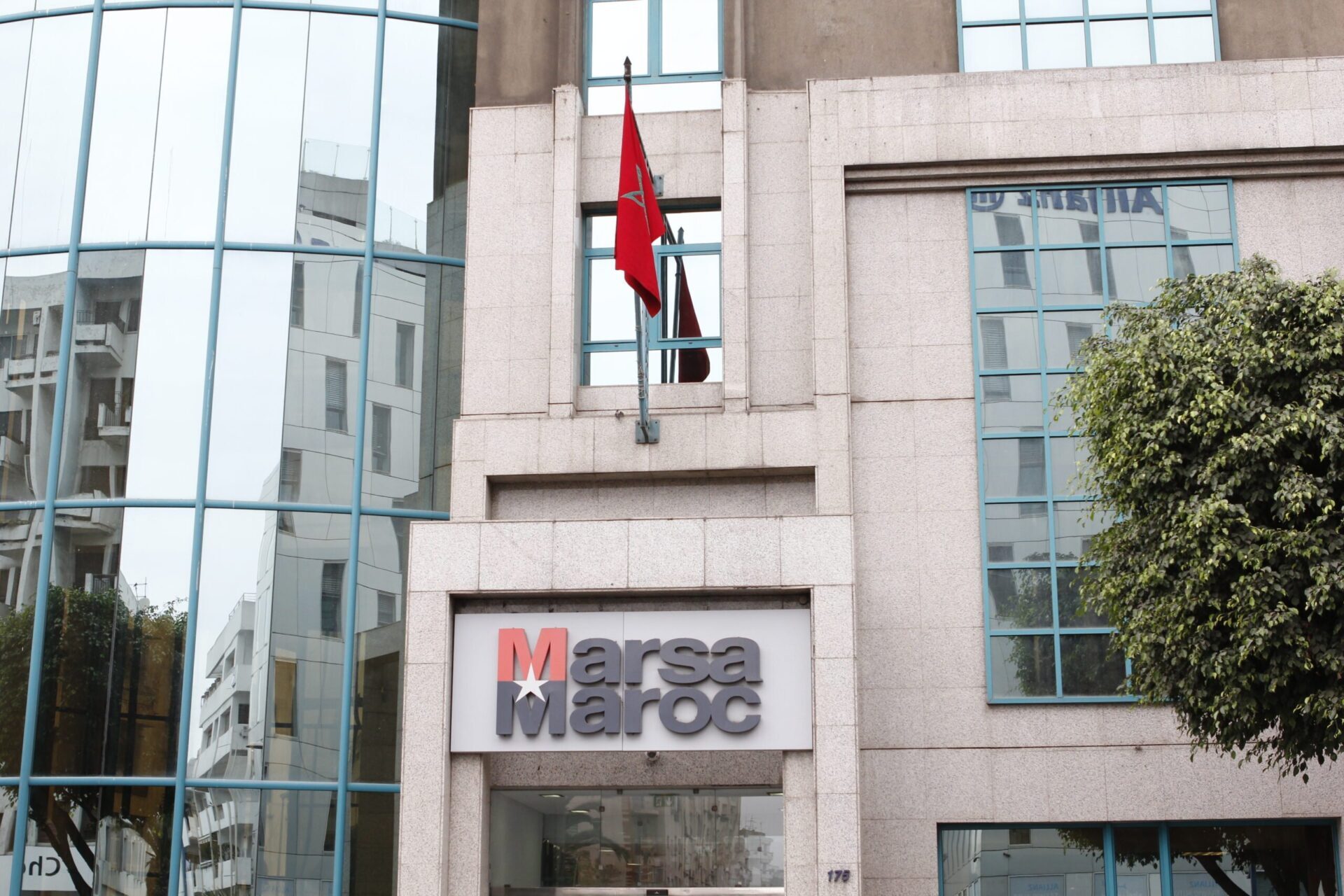
Friday 21st November 2025

by inAfrika Newsroom
The Africa Blockchain Festival brought more than 1,000 investors, regulators and innovators to Kigali this month for three days of debate on the technology’s role in Africa’s economies. Panels at the Africa Blockchain Festival, held from 7 to 9 November, covered digital identity, cross-border payments, tokenised assets and supply-chain tracking.
Speakers highlighted blockchain’s promise for cutting transaction costs, improving transparency and expanding access to finance. For example, start-ups showcased platforms for low-cost remittances, land registries and green-asset tracking. However, regulators stressed that enthusiasm must be matched with strong safeguards, especially after global scandals in the crypto-asset space.
Central-bank and securities officials from several African countries used the Africa Blockchain Festival to compare approaches to regulation. Some have launched or tested central-bank digital currencies, while others focus on sandboxes for private innovation. In addition, regional bodies are examining whether common standards could reduce fragmentation and limit regulatory arbitrage.
Investors at the Kigali event said they see strong demand for solutions that solve real-world problems, not only speculative trading. They also called for more clarity on tax treatment, capital requirements and consumer protection. Meanwhile, civil-society groups urged governments to ensure that digital-asset experiments do not exclude poorer citizens or deepen energy and climate pressures.
The Africa Blockchain Festival matters because it shows how quickly digital-asset debates are moving from hype to practical questions in African capitals. Well-designed blockchain systems could make cross-border payments cheaper, help secure land titles and track public spending. Those gains would support trade, investment and accountability. Yet poorly regulated schemes could fuel fraud, capital flight and energy waste. The choices that regulators, developers and investors make now will therefore determine whether blockchain becomes a tool for inclusive growth or a new source of instability. By focusing on real use cases and regional cooperation, Africa can shape rules that protect citizens while still allowing innovation to flourish.


